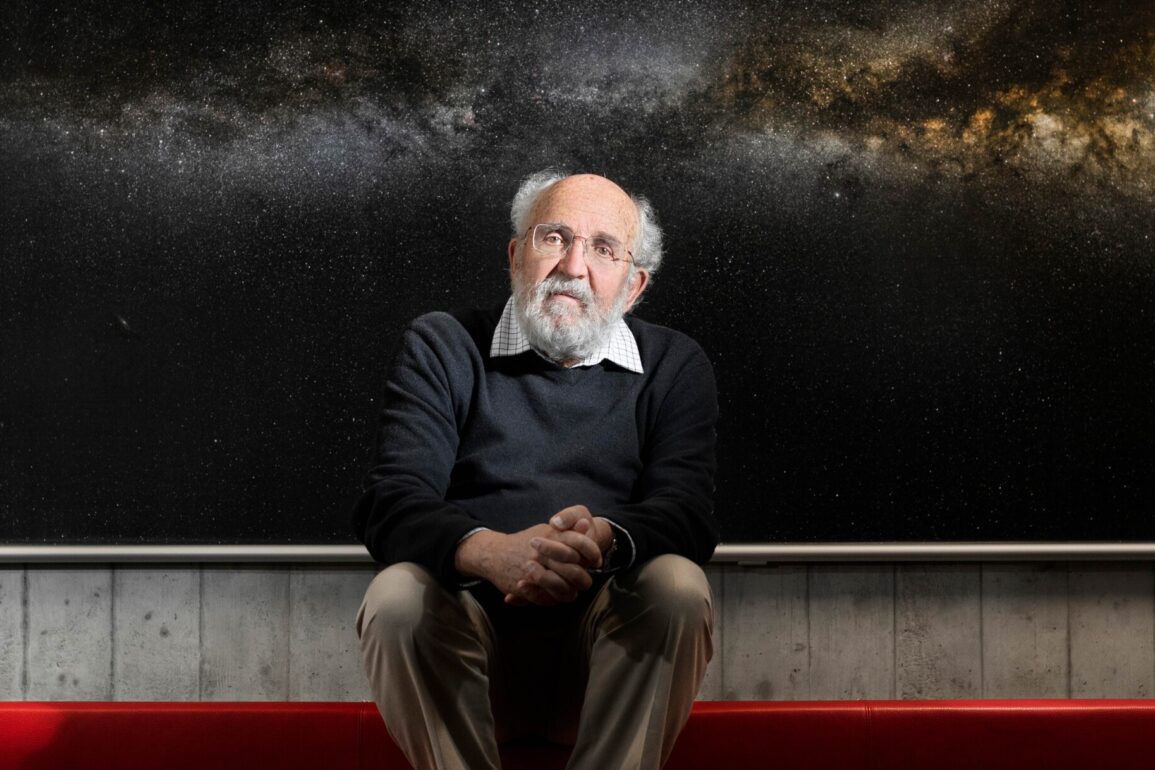Dear reader,
It doesn’t have to be the Nobel Prize – but it can be! Michel Mayor, the Geneva-based Nobel Prize winner, explains in an interview how he discovered the first planet outside our solar system together with Didier Queloz. This is a clear example of how Switzerland, as a research location, achieves the remarkable. It’s something we can be proud of. However, the quality of a research and education hub isn’t just measured by its top performances. The breadth of issues discussed and a generally higher standard of education and research are also just as relevant. The important commodity here is human capital – or more simply put, people themselves.
Researchers achieve great advancements in knowledge, and their innovations move society and the economy forwards. In the process, they make a significant contribution to the health of Switzerland’s economy. In order for this to remain the case, education and research have to be accessible to everyone – even in the future. And the prospects for this are good. Most university research and education is financed by the state, but philanthropy also has its part to play: it complements state funding, sets new catalysts in motion and promotes research in ways the state cannot. In this edition, you can find out how foundations do this today.
I hope that you enjoy reading this issue.
Dr. Peter Buss
Managing director and publisher
Philanthropy Services AG


